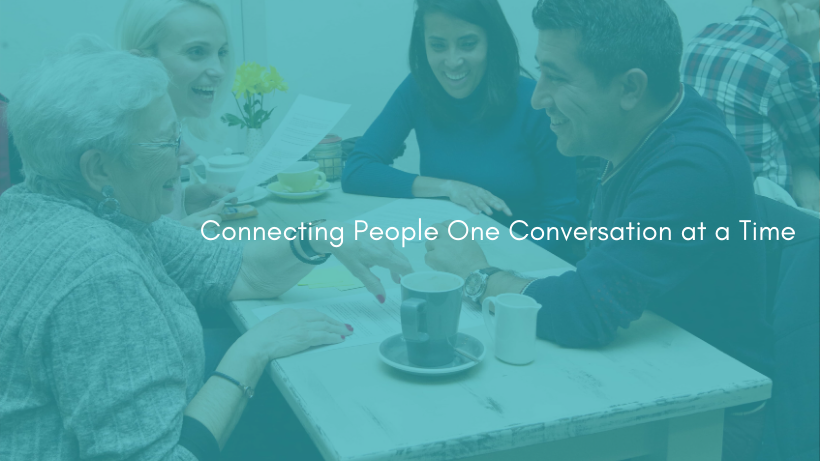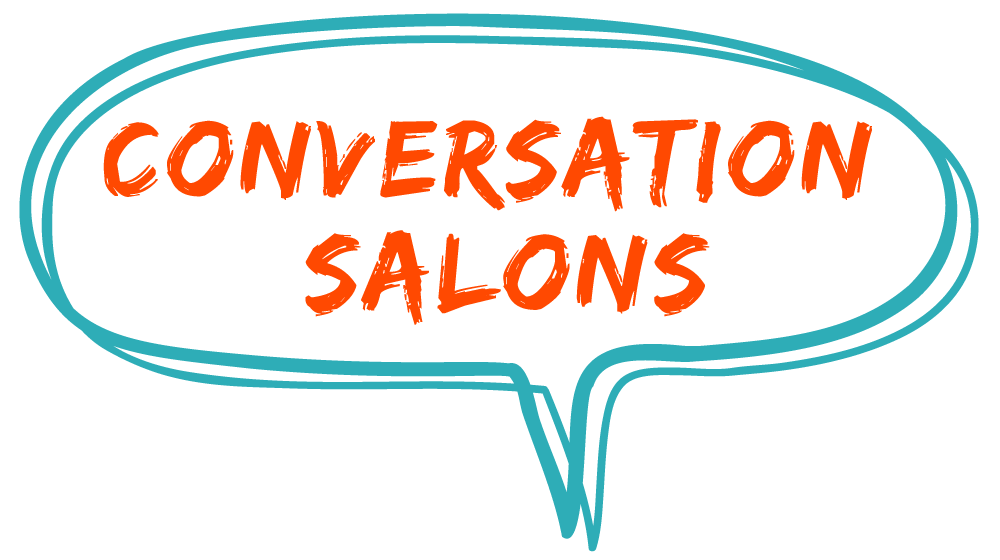
by Stacey Malaniff
Imagine you are standing in a room, a chamber if you will. Now, imagine all you can hear is your own voice echoing back at you. You cannot hear the voice of the person in the chamber next to you – unless you both share the same opinions. In which case, the wall dividing you falls and your chamber population grows. However, you can still hear just one voice, because it’s saying the same thing. You don’t learn anything new from this additional person and nor do they. But you’re comfortable and more sure that what you say and think is correct, so you say it louder.
This is the idea of the Echo Chamber.
What Science Says
The social science concept called Homophily gives us insight into this common way of socialising. People tend to hang out with people like themselves. Adventurous people spend time with other adventurous people. Rich enjoy the company of other rich people, etc. This means that we usually share similar experiences of the world and therefore similar opinions. As a result we are less often confronted by opposing opinions and world views as we are to similar ones. This concept has only been exacerbated by the age of ‘the algorithm’.
We are shown news stories similar to ones we’ve read before. You know the feeling. You click on one Strictly Come Dancing article or video and now there are ten more on your recommended feed. Or you’re suggested a page on Facebook to like because so many of your friends have already liked it. You unfollow people on Twitter because you just can’t stand reading things you disagree with. You are no longer challenged, because you no longer have to be. One click and it goes away.
Curly Fry Gate
One amusing example and proof of ‘like attracting like’ is the famous study by the University of Cambridge involving 60,000 Facebook users. The 2013 study investigated how your ‘likes’ on Facebook predict a wide variety of your personality traits. According to the study, one of the highest indicators of intelligence was surprisingly, liking a picture of curly fries.
Huh? Surprising, I know. Here’s how it works: imagine the first person who liked the picture was smart. It shows up in her friend’s timeline as something she has recently liked, so some of her friends like it too. According to homophily, her friends are very likely to be smart as well, and so are their friends, and so on. In the end, the picture makes its way through a statistically more intelligent network of people than most images and thus becomes its own indicator of intelligence.

The Result Of Our Chamber Living
We are not being challenged at all. We see only similar news stories to the ones we’ve clicked on before or the ones our friends have read. We are not being exposed to different perspectives on the topics or even getting a broad range of topics. On top of that, we no longer hear the opinions of people we don’t agree with. We live in an illusion that our opinions are that of the majority.
Why Leave Your Echo Chambers?
It is enlightening to have conversations with people who have a different perspective on the human experience to us. It makes us much more empathetic and aware of the diversity which surrounds us in real life. Debating our opinions makes us better communicators and being open to the arguments of others allows us to expand our own intelligence. Maybe one day, we can like a picture of curly fries as well. But, how can we fully experience what the world has to offer if we can’t see beyond the walls of our own chamber. How can we really listen to the problems of others, if all we can hear is ourselves?
Read More: The 9 most common conversational styles. Which one are you?
How to Leave Your Echo Chamber?
Your Social Media
Don’t wait for your Timeline to feed you information. Be mindful when you are using your social media. Follow or look into all political parties and candidates, not just the ones you would usually align yourself with. Follow some NGOs in your country and abroad to expose yourself to greater issues in your community and beyond. Don’t unfollow people if they post something you disagree with. It’s healthy for your to remember that those people exist. Engage in a dialogue with them. Try to understand where they’re coming from.
The News You Read
It is great that we are no longer limited to our traditional news sources. Now we have the convenience of getting immediately online. But, to avoid falling into the ‘Chamber Trap’, we need to be mindful about our news’ sources as well. Do not rely on social media for your news. Go to the news websites themselves for your daily digest. The apps of many news sites also use algorithms and show you similar stories, so I would recommend going to their homepage for the news. This will ensure a broad range of topics and stories.
Don’t forget to switch up your news sites from time to time, just to make sure you’re not slipping into single-lensed views again.
Who You Socialise With
Of course, the concept of the Echo Chamber is not exclusive to the internet, it also applies to our real world interactions. So don’t forget to challenge yourself and your own views on politics, religion, the environment, society, fashion, the media, the list is literally endless. There is no limit to how much we can discuss and grow by being with people who don’t think the way we do.
I’m not saying that we need to change the way we think, but we definitely need to expose ourselves to other ways of doing it. Perhaps you can be the one who challenges someone else; you could be the one who gives someone an insight which, unbeknownst to yourself, evolves their view on life. What do you think? Are Echo Chambers a real issue we should be paying attention to? If so, how do we go about crumbling the walls which separate us? Share your ideas below.
Join us at our next conversation salon where you can dip into a menu of topics exploring various ideas in a safe and relaxing environment. We are deconstructing our own Echo Chambers one Conversation Salon at a time.

